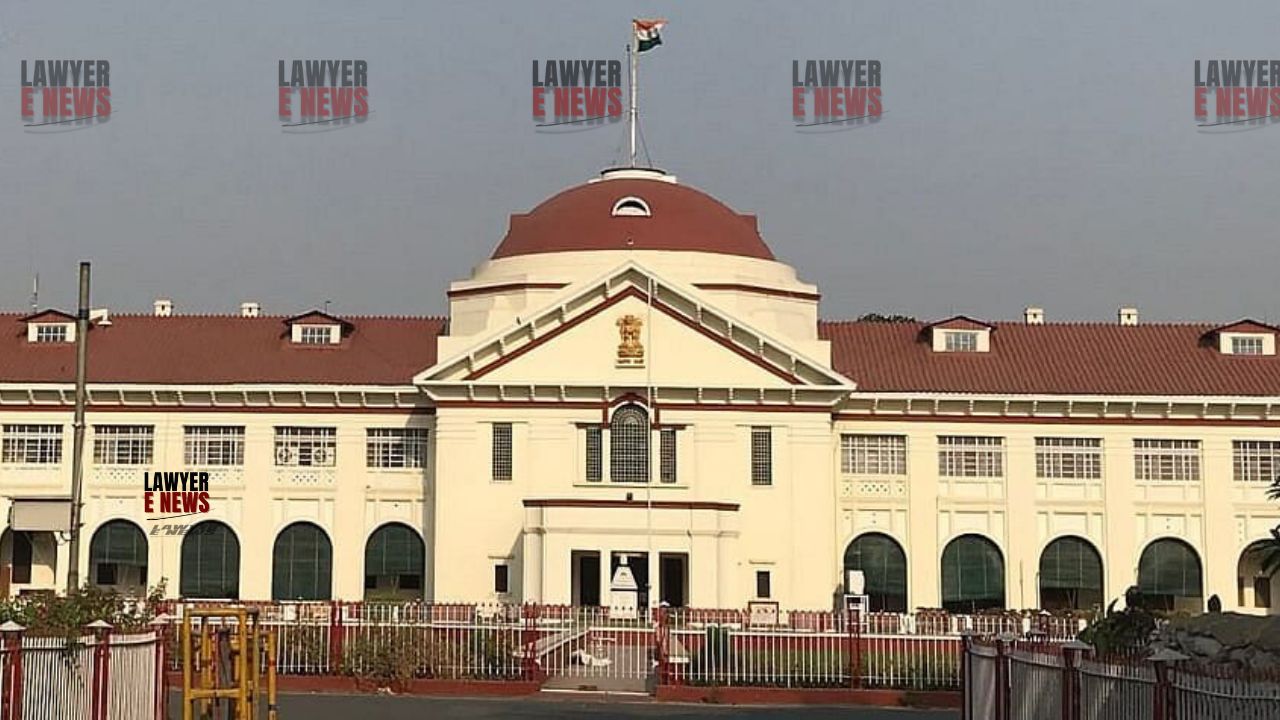-
by Admin
15 February 2026 5:35 AM



Patna High Court directed the petitioner, Ramautar Mahto, to convert his writ petition into a Civil Miscellaneous Petition in compliance with legal procedures. This order was passed after the court acknowledged that writ petitions challenging interlocutory orders are no longer maintainable under Article 226 of the Constitution, following the Supreme Court's decision in Radhey Shyam v. Chhabi Nath (2015).
The petitioner, Ramautar Mahto, had filed a writ petition seeking the quashing of a lower court’s order dated August 4, 2015, in Title Suit No. 12 of 2013. The Sub-Judge, Begusarai, had rejected Mahto’s application for recalling a previous order passed under Order 8, Rule 10 of the Civil Procedure Code (CPC) on March 31, 2014.
The case revolved around a property dispute involving multiple respondents, including Mahendra Rai and others. The petitioner filed a writ petition under Article 226, challenging the interlocutory order, which had not finally decided the suit but impacted the proceedings.
The central legal issue was whether the writ petition challenging an interlocutory order was maintainable under Article 226. In light of the Supreme Court’s ruling in Radhey Shyam v. Chhabi Nath, the Patna High Court reiterated that judicial orders of civil courts are not amenable to writ jurisdiction under Article 226, but can be challenged under Article 227, which provides distinct supervisory powers to the High Courts.
Justice Mohit Kumar Shah referred to the Supreme Court’s 2015 ruling, which clarified that writ jurisdiction under Article 226 cannot be used to challenge judicial orders of civil courts. Instead, such orders should be addressed through appellate or revisional mechanisms, or under Article 227.
The court cited the amendment to the Patna High Court Rules, which stipulates that petitions under Article 227 should be filed as Civil Miscellaneous Petitions. The petitioner’s counsel sought time to convert the writ petition into the appropriate format.
"Judicial orders of the civil court are not amenable to writ jurisdiction under Article 226 of the Constitution. Jurisdiction under Article 227 is distinct from jurisdiction under Article 226." - Supreme Court in Radhey Shyam v. Chhabi Nath.
The court granted the petitioner four weeks to convert the writ petition into a Civil Miscellaneous Petition under Article 227.
The registry was instructed to assist the petitioner in expediting the conversion process and prioritize listing the case, given that it had been pending for over eight years.
The court underscored the importance of adhering to the correct legal procedures when challenging interlocutory orders in civil suits.
This ruling reinforces the distinction between Articles 226 and 227 of the Constitution in the context of challenging civil court orders. The Patna High Court's directive ensures that procedural formalities are followed, paving the way for more efficient resolution of long-pending cases.
Date of Decision: October 3, 2024
Ramautar Mahto v. Mahendra Rai & Ors.
